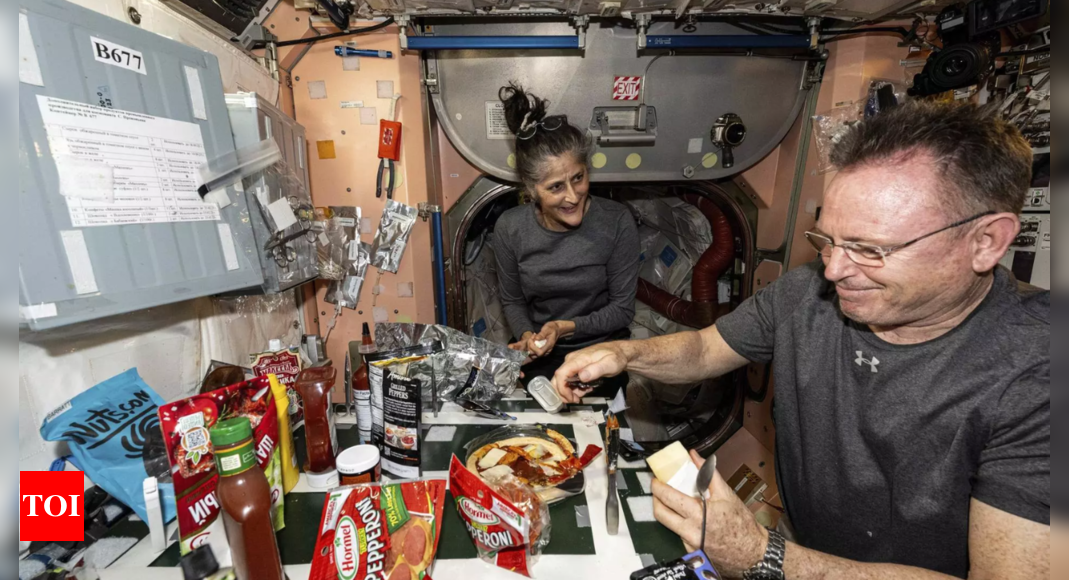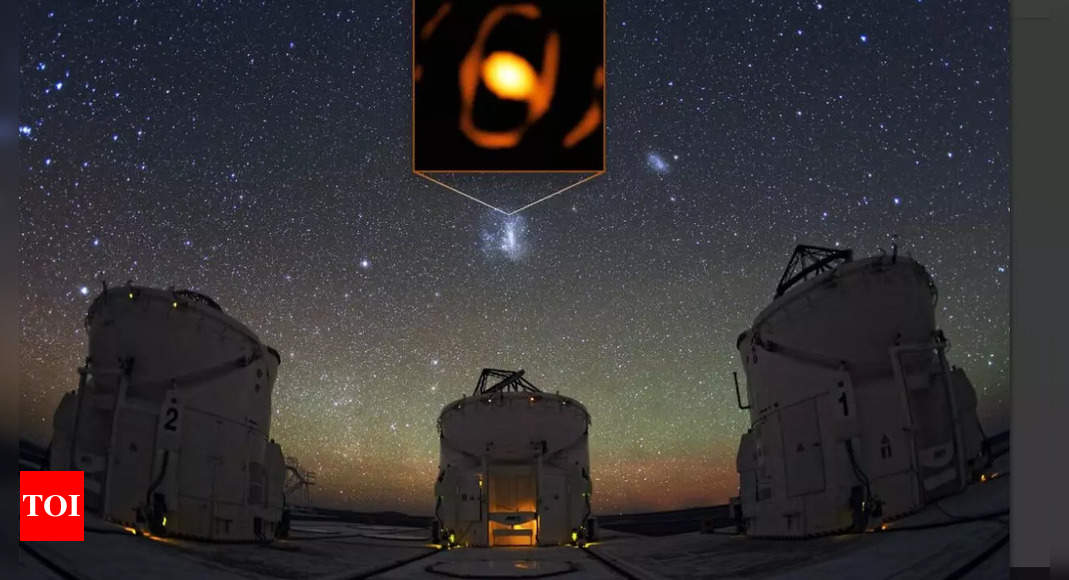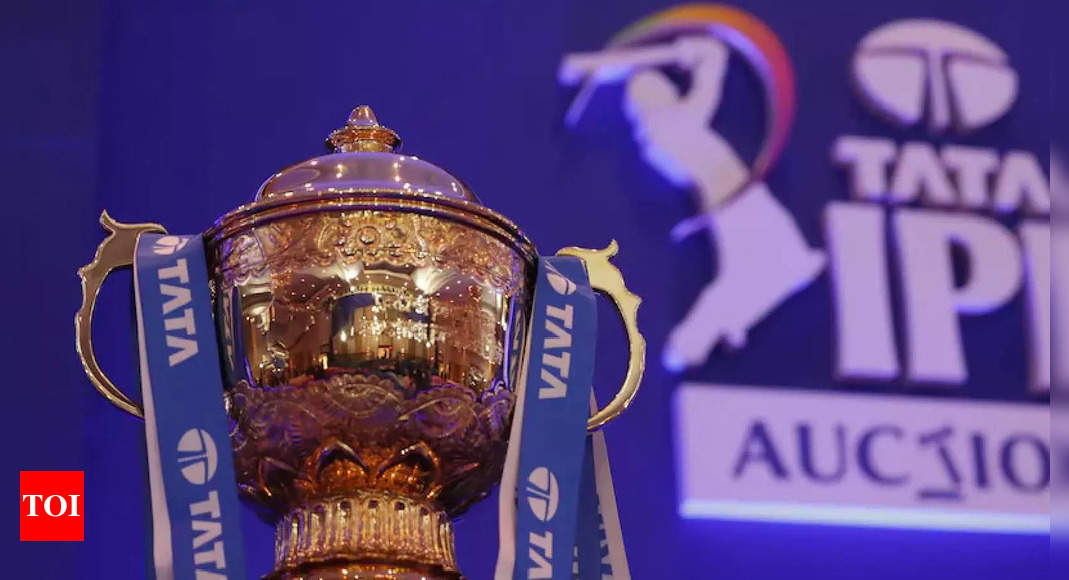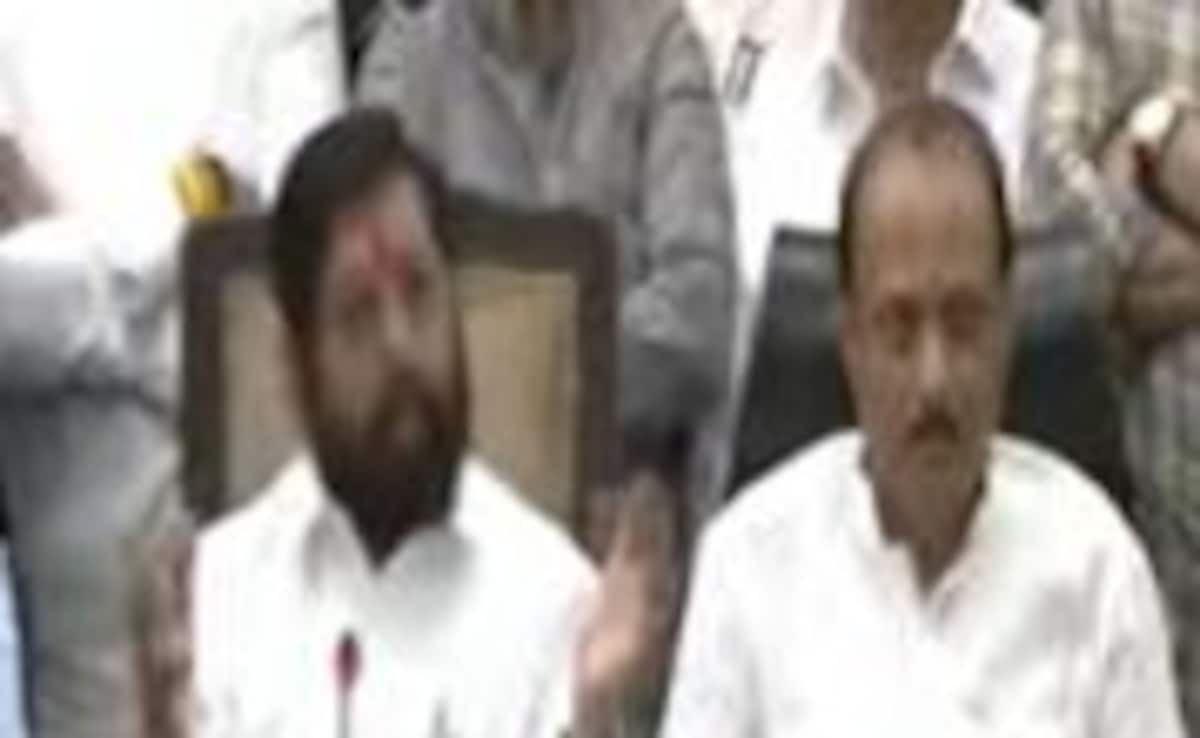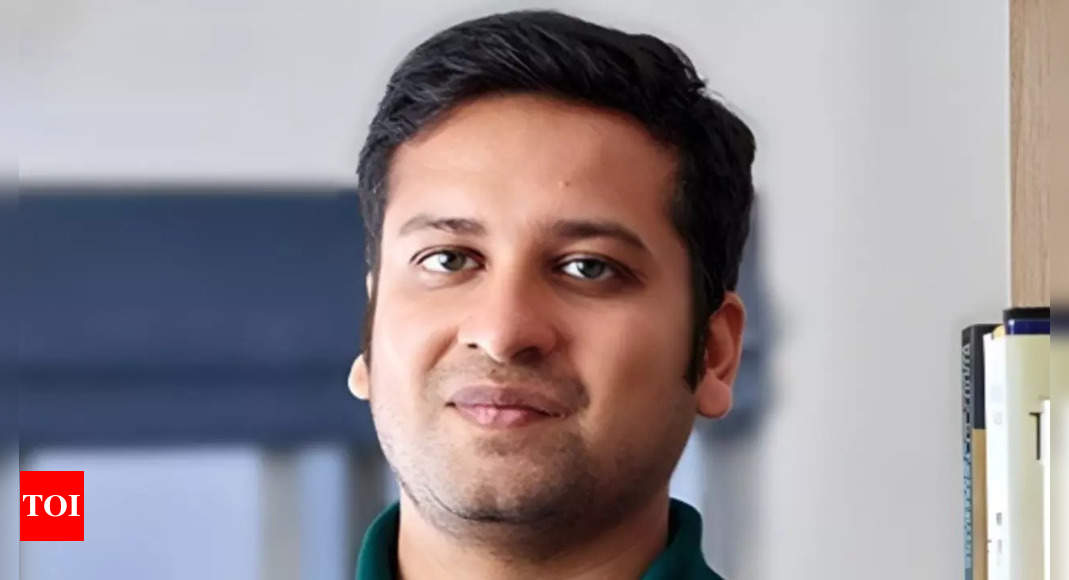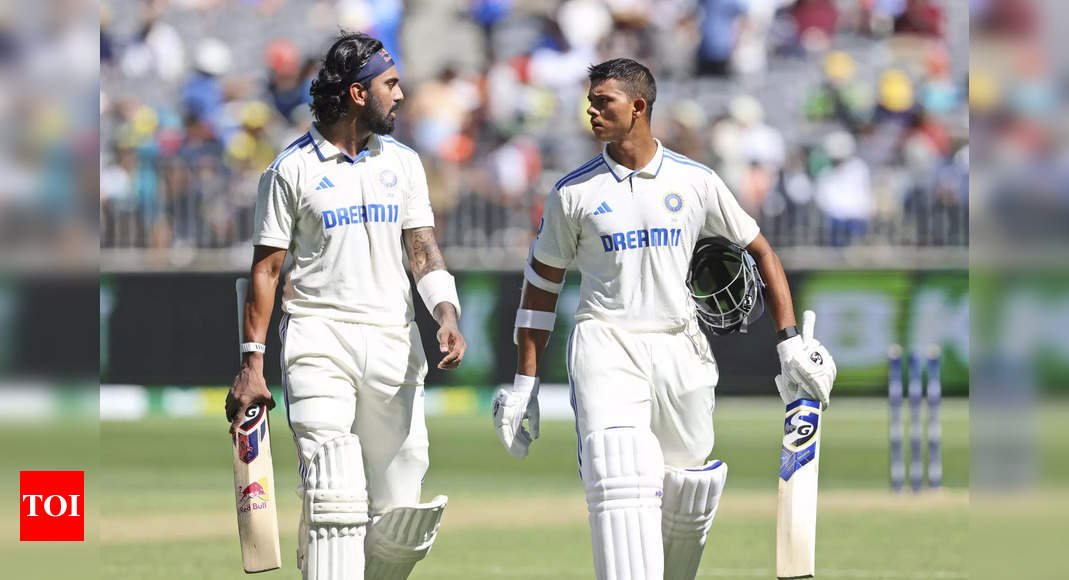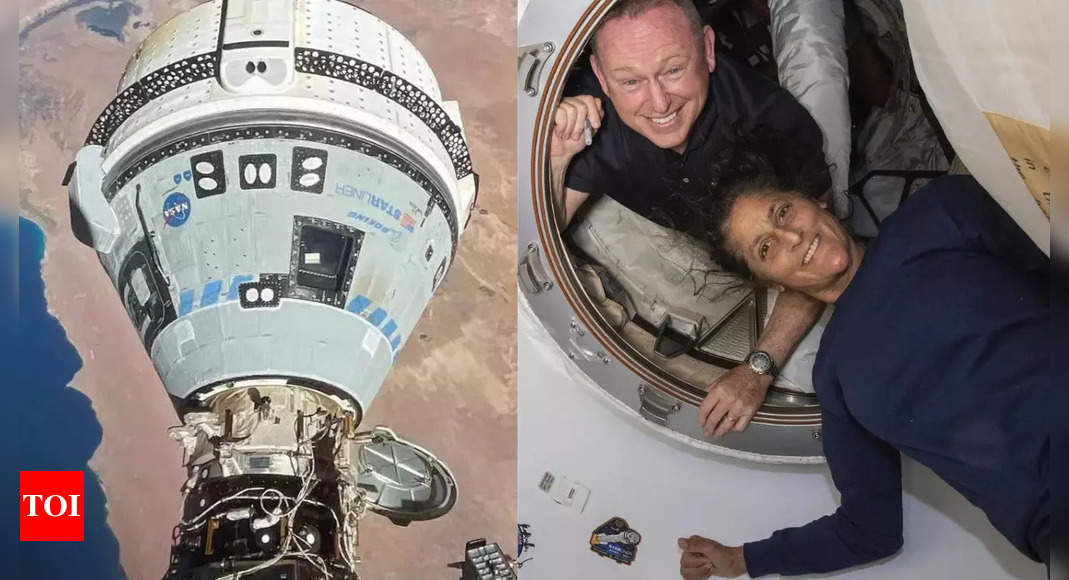
Steve Stich, Nasa’s commercial crew program manager, expressed enthusiasm about the capsule’s return, stating, “It’s been a journey to get here, and we’re excited to have Starliner return.” However, the excitement is tempered by the unusual situation of the two astronauts, Butch Wilmore and Sunita Williams, who will remain aboard the ISS until their eventual return with SpaceX in February.
Nasa’s official handle posted on X: “We’re discussing the upcoming return of the uncrewed Starliner spacecraft, scheduled to touch down on Earth at about 12:03am ET (0403 UTC) on Saturday, Sept. 7.”
Capsule’s simplified departure plan
The Starliner’s departure will be simpler than initially planned. Instead of an hour-long near-station orbit for photography, the capsule will employ springs and brief thruster burns to push away from the ISS, reducing the maneuvering time to about 20 minutes. This adjustment aims to minimize stress on the thrusters and ensure the safety of the space station.
Before reentry, additional thruster tests are planned to collect as much data as possible. The thrusters will be discarded before the capsule reenters Earth’s atmosphere. The astronauts’ blue Boeing spacesuits and some old station equipment will accompany the capsule on its return journey.
Astronauts’ extended mission and upcoming return
The delay in the astronauts’ return, attributed to thruster issues and helium leaks, extends their mission beyond the original weeklong test flight. Wilmore and Williams are now fully integrated into the station crew, contributing to ongoing experiments and maintenance while adjusting their exercise routines to combat the effects of prolonged weightlessness.
Nasa officials have noted that both astronauts, who are retired Navy captains, have previously adapted well to extended stays on the ISS. Despite the challenges, they remain committed to advancing human spaceflight. Flight director Anthony Vareha emphasized, “Despite the changes in their mission, they remain dedicated to pushing the boundaries of space exploration.”
SpaceX mission adjustments to accommodate return
In a bid to accommodate the return of the stranded astronauts, SpaceX’s next Dragon capsule mission will carry only two astronauts, instead of the usual four. This adjustment is necessary to fit the upcoming SpaceX arrival into the mission schedule.
Starliner’s troubles and high costs
The Starliner mission, which faced significant setbacks even before its delayed June 5 launch, highlights the ongoing challenges of space travel. The capsule’s first test flight in 2019 was marred by software errors, leading to a repeat mission three years later that also encountered problems. These issues have collectively resulted in over $1 billion in repairs, underscoring the complexity of Nasa’s commercial crew program.
As the Starliner capsule prepares for its departure, Nasa and its partners face a crucial period of data collection and mission adjustments, with the hope of resolving lingering issues and ensuring future success in space exploration.


